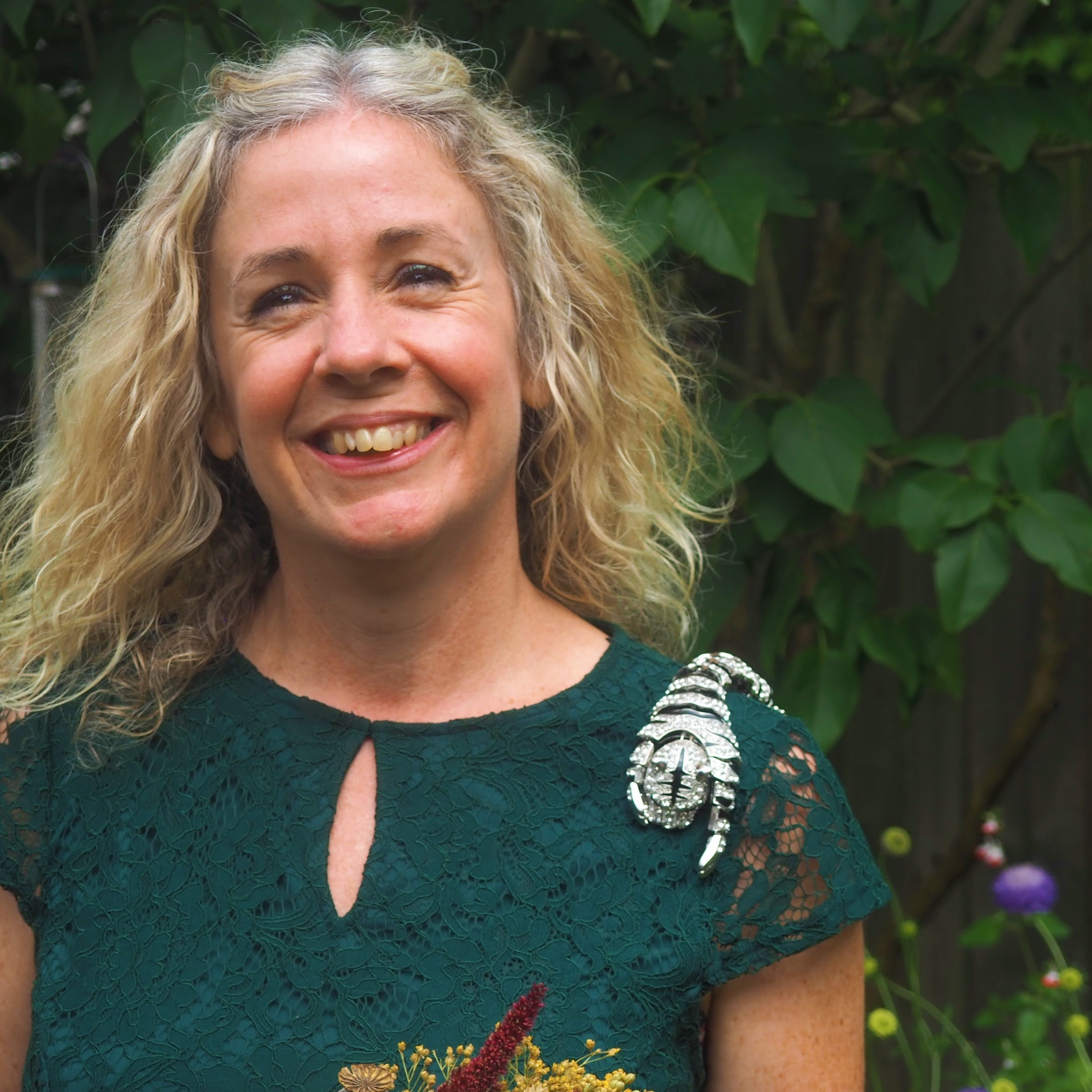Sleep during the perimenopause
- Kirsten Trussell

- Jan 11, 2023
- 4 min read
Updated: May 21, 2024
9 January 2023
The 'not-so-secret' diary of a perimenopausal woman - sleep during the perimenopause

Today is my birthday. I’m 53. I feel good. The number doesn’t feel good, I don’t like odd numbers, I never have. But being in my early 50s is feeling good. I’m waking up feeling strong and content, confident in who I am and the decisions I made in the year leading up to my 53rd birthday. I don’t wake up every day feeling like this, but today is a good day. My sleep monitor tells me I’ve had 7 hr 41 min sleep and that I only woke up once in the night. No wonder I feel good.
Sleep problems in menopause
For most of my life I’ve loved going to bed, putting on comfy pyjamas, snuggling down, reading and then going to sleep. A solid eight-hour sleep wasn’t uncommon, and I didn’t think anything of it. No waking up and certainly no need to pee in the middle of the night.
One of the first signs of the perimenopause for me was finding myself wide awake at 3am. I mean wide awake, not feeling like I would drop off again in five minutes.
I think I was probably about 48 when this started. I would lie in bed willing myself to fall asleep, counting sheep, focussing on breathing and breaking out the lavender sleep products. All to no avail. I had to get up. I couldn’t stay in bed, in the dark, my partner sleeping soundly beside me. I would go downstairs, make chamomile tea, turn on the TV and watch nature programmes or read for hours. I remember sometimes being downstairs for two or three hours. Eventually I would feel sleepy enough to go back to bed, just in time for a short doze before the alarm went off.
If you’ve ever suffered from insomnia you will know how this feels. You wake up tired, unrefreshed, grumpy and ill-prepared to face the day. I just wanted to crawl back under the covers and go back to sleep. Instead, I had to get up and face the commute to work.
Getting into your circadian rhythm
I’m not sure I linked my insomnia to the perimenopause at the time. The perimenopause wasn’t even on my radar. Five years ago, it wasn’t being talked about in the media like it is now. It was taboo, something you just got on with. I didn’t know anything about it until it slapped me hard in the face. I needed to do some research and quickly. To be honest, there wasn’t much online, apart from academic research which was impenetrable.
However, I did stumble across a woman called Dr Wendy Sweet who ran a programme called My Menopause Transformation. I signed up in the January sale and embarked on a 12-week programme to find out all about the menopause and how I could help myself.

One of the first things I learned was about the body’s natural Circadian Rhythm which gets disturbed in perimenopause because low oestrogen affects your melatonin (your sleep hormone) production. This was a lightbulb moment. I could do something about it.
Good sleep habits
I have developed a sleep routine. It didn’t come easily and takes significant willpower to stick to it, or at least it did. My circadian rhythm is set now and dictates when I go to bed and when I wake up. My habits are ingrained and I don’t think twice about them.
I wake up and get up at the same time every day. I go outside and expose my eyes to sunlight. No sunglasses, your eyes need the morning light. I meditate to relax and promote my parasympathetic nervous system which helps me to rest and digest. I have my phone set so that a blue filter comes on at 7pm so that the white light doesn’t stimulate my brain waves. I don’t eat after 7.30pm so that my digestive system isn’t working as I’m trying to go to sleep. I don’t drink coffee after midday. I’ve swapped my full-on pyjamas for light weight shorts and a t-shirt.

These changes also reduced the likelihood of night sweats. Now, they are something else. Also a symptom of the perimenopause and menopause. I would wake up cold and drenched through, needing to change at least my pyjamas and sometimes the bedsheets as well. Not conducive to a good night's sleep.
Of course there are times when I slip and those are the times when my sleep is disturbed. Those nights I will wake up four or five times a night for no apparent reason. Often I will feel the need to pee but actually I don’t need to. That’s the changing oestrogen levels.
How does Hormone Replacement Therapy help reduce sleep issues?
I started taking HRT a few years ago now. It took a couple of years to get the dosage right and I’ll tell you all about that another day. In short though, amongst other things, HRT regulates oestrogen levels which improves your melatonin levels which helps you to get to sleep and stay asleep.
HRT isn’t for everyone, but it certainly has turned my life around, along with testosterone. Yes, we women have testosterone as well. Quite a lot of it as it turns out, and guess what, it drops as perimenopause kicks in. You’ll make your own choices, just make sure they are informed choices.
Coming next...
Make sure you sign up to read the next entry in 'The not-so-secret diary of a perimenopausal woman'.










Comments